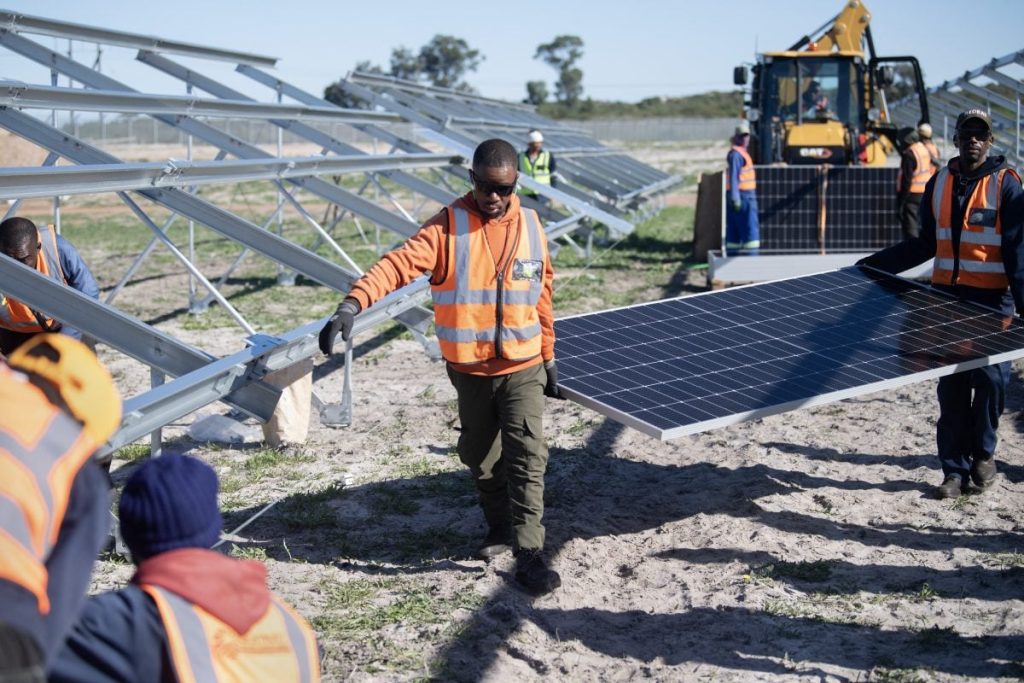African Country Platforms: Revolutionizing Climate Finance for Development

Revolutionizing Climate Finance for African Development
Government-led investment frameworks play a crucial role in aligning public and private capital with a country’s climate and development priorities. Across African cities like Johannesburg, Lagos, and Kinshasa, the lack of consistent power affects the ambitions of people of all ages. With a significant portion of the population under 25 and soaring unemployment rates, Africa faces an urgent need to address the issue of power scarcity.
Stabilizing the electricity supply is not just about providing light; it is about ensuring human dignity, safety, and economic opportunities. Without reliable power, millions are unable to perform basic tasks like cooking, learning, earning, or traveling after dark. While energy access is considered a fundamental right in many parts of the world, Africa still struggles to secure significant climate finance, with only 3% of global funding reaching the continent.
Country platforms offer a promising solution to bridge this gap, aligning national priorities with private investor interests. These platforms, led by governments, aim to harmonize public and private capital with a focus on climate and development objectives. By enhancing policy coherence, reducing duplication, and increasing investor confidence, they facilitate the mobilization of private finance and domestic capital on a large scale.
Key to the success of country platforms is their ability to empower African governments to drive development agendas. Through initiatives like Mission 300, which targets connecting 300 million people to electricity by 2030, these platforms are steering countries towards sustainable energy transitions. By operationalizing commitments through dedicated teams like Compact Delivery and Monitoring Units (CDMUs), governments can ensure investment readiness, institutional capacity strengthening, and effective public sector delivery.
Country platforms are not one-size-fits-all solutions; they should be tailored to each country’s specific needs, political economy, and institutional capacity. By anchoring these platforms in strong government leadership and national development strategies linked to energy and infrastructure goals, private investors can gain clarity and confidence in committing capital.
Furthermore, country platforms provide a conduit for global aspirations in financing for development. They enable the translation of global finance into locally driven, investment-worthy plans. By attracting private investment, reducing transaction costs, and showcasing a track record of reform, country platforms signal to the market that African countries are viable investment destinations.
The alliance model of GEAPP is instrumental in supporting the shift towards effective country platforms in countries like South Africa, Nigeria, and Malawi. By backing these initiatives, African governments can take control of their development pathways and deliver results for their people.
As the global financial architecture for development is debated, it becomes evident that the key lies in supporting the tools African nations are building to drive their own progress, rather than relying solely on external pledges or institutions.



